On March 21 2023, Uganda passed a bill that targeted the rights of LGBTQIA+ Ugandans. The anti-gay bill, which would further criminalise same-sex relationships and sex work was proposed in May 2021 by the Ugandan parliament. Ugandan lawmakers wanted to impose the death penalty for so-called “aggravated homosexuality.” I had a virtual conversation with social activist Papa De aka DeLovie Kwagala, the founder of HASHTAGWHATNEXT about the plight of queer Ugandans and what we can do about it.
The Ugandan anti-gay bill includes the death penalty for sexually active gay men and lesbians, bans the dissemination of LGBTQIA+ information, and requires reporting of anyone known to be gay or lesbian. The bill has caused LGBTQIA+ organizations in Uganda to be under siege. The Ugandan LGBTQIA+ community is subjected to discrimination, harassment, and violence, including corrective rape and castration. Queer individuals are often forced to leave their homes and live in hiding due to hate crimes committed against them.
The government’s conservative views on sexuality and gender identity exacerbate the situation, with policies and police raids adding to the struggles of the LGBTQIA+ community. The LGBTQIA+ community in Uganda faces false accusations of recruiting children in schools, leading to a moral panic. The crisis has impacted mental health, safety, education, and employment opportunities for queer people in Uganda. They face legal persecution, social isolation, and exclusion from their families and communities.
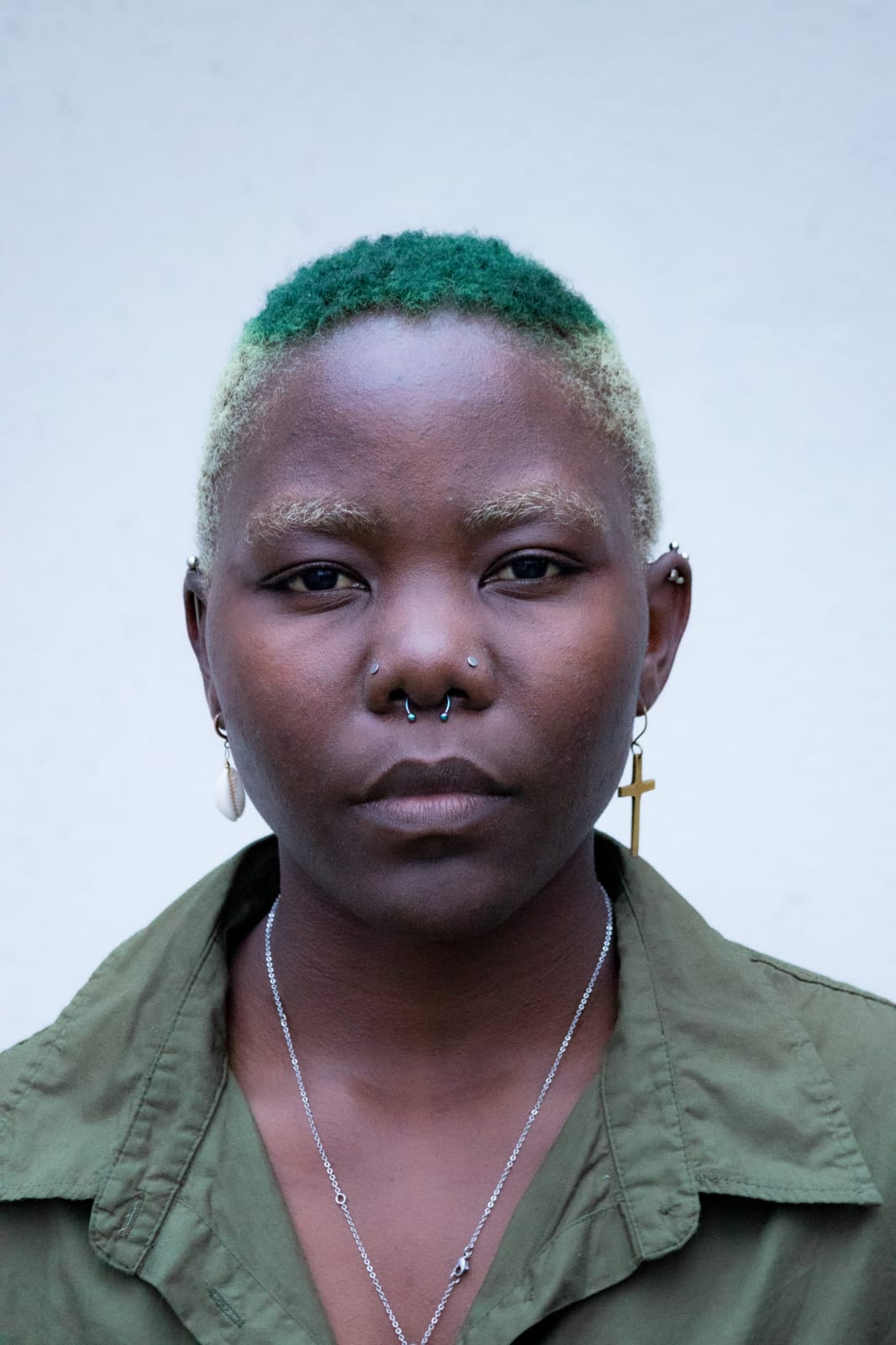
Image courtesy DeLovie Kwagala
The history of queer Africans is not apart from African history and culture, and embracing this history can lead to greater acceptance and inclusion for LGBTQIA+ individuals in Africa. With same-sex activity being illegal and punishable by life imprisonment, homosexuality in Uganda is highly stigmatized and widely considered to be taboo. But Uganda’s queer history is a complex and multifaceted one, shaped by a variety of social, political, and cultural factors.
It is true that the country has a long history of discrimination and violence against the LGBTQIA+ community, but homosexuality has historically been a precious part of Ugandan societies, particularly among certain ethnic groups. In the Buganda kingdom, male same-sex relationships were known as mubisi and were often viewed positively. These relationships were not seen as a threat to traditional gender roles, and in some cases, same-sex couples were even encouraged to adopt children.
It was the arrival of European colonialism in the late 19th century that affected antagonistic attitudes towards homosexuality in Uganda, leading to the criminalization and stigmatization of same-sex relationships. Christian and Islamic movements further cemented anti-LGBTQIA+ sentiments in society. The anti-gay laws that had been introduced by British authorities were later enshrined in Uganda’s legal system after independence in 1962.
There have been several notable moments of resistance and activism in Uganda’s queer history. In the 1990s, the gay rights movement began to take shape in the country, with organizations like Sexual Minorities Uganda (SMUG) advocating for greater recognition and protection of queer rights. In 2007, David Kato, a prominent gay rights activist won a lawsuit against a local newspaper that had published the names and photographs of individuals it claimed were gay, shining a spotlight on the issue of homophobia in Uganda.
However, in 2014 these gains were reversed with the passage of a controversial piece of legislation that criminalized homosexuality and advocated for the persecution of LGBTQIA+ individuals. The Anti-Homosexuality Act of 2014 was signed into law by Ugandan President Yoweri Museveni on February 24, 2014. The Act criminalized homosexuality, advocacy for LGBTQIA+ rights, and support for LGBTQIA+ individuals in Uganda.
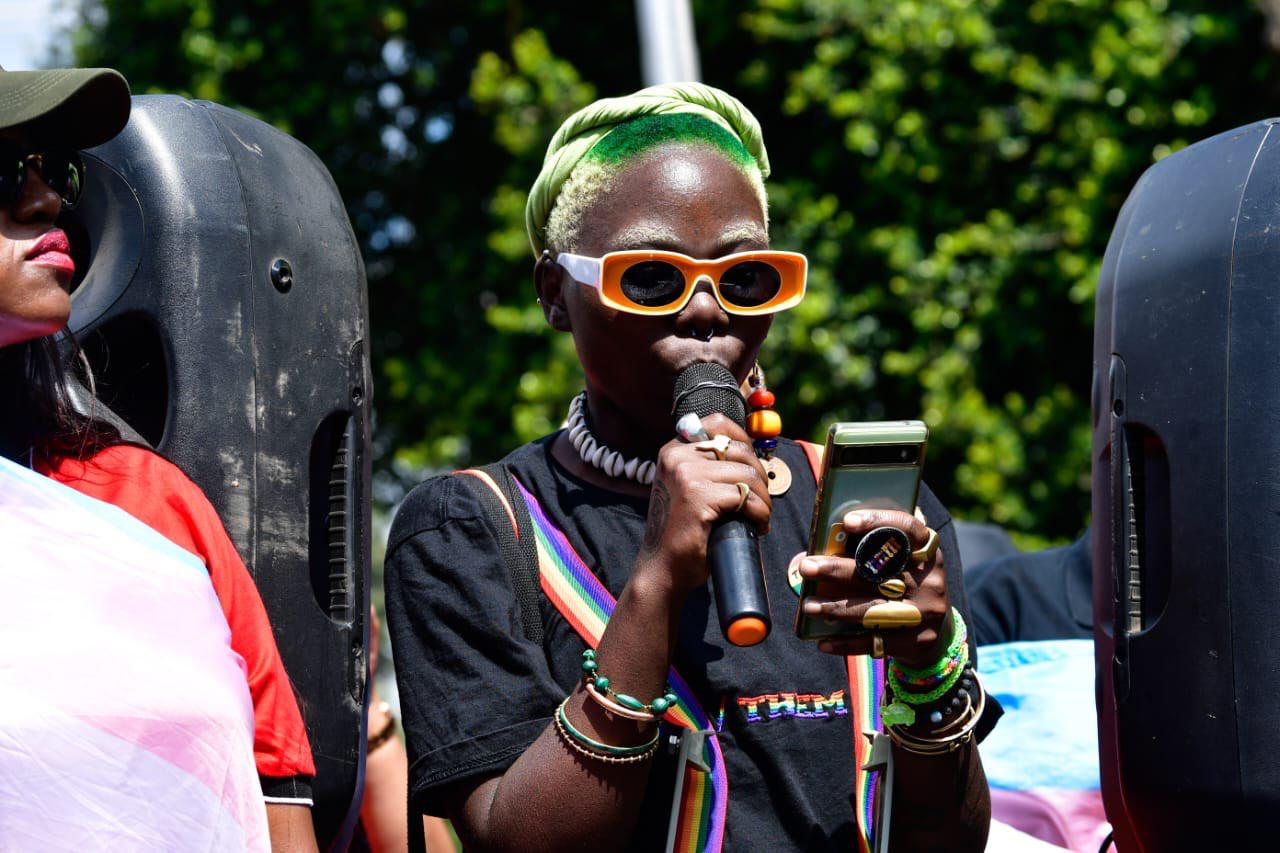
Images courtesy of DeLovie Kwagala
The Anti-Homosexuality Act drew widespread criticism from human rights groups, the international community, and some Ugandan citizens who saw it as an attack on personal freedom. Many countries, including the United States and the United Kingdom, suspended or reduced aid to Uganda in response to the law.
The Anti-Homosexuality Act of 2014 was later invalidated by the Constitutional Court due to a lack of quorum. Although the striking down of the law was seen as a victory for human rights activists and LGBTQIA+ individuals, homosexuality remains illegal and the situation in Uganda is still dire, particularly after the passing of the new bill this year.
As I was researching for this article, I discovered that “Papa Dey” is a popular Ugandan slang phrase that translates to “father is here” in English. It is often used to express enthusiasm about something or to indicate that a powerful or influential figure has arrived on the scene. While “Papa Dey” is primarily a cultural phenomenon and not directly linked to LGBTQIA+ rights in Uganda, it has been embraced by activists and artists in the country as a symbol of resistance and hope for marginalized groups.
The phrase drew attention in 2020 when it was adopted as the title of a popular Ugandan song by musician and activist Bobi Wine. The song’s music video features footage of Wine campaigning for political office in Uganda, sliced with scenes of him performing the song and interacting with supporters. Its lyrics reference social and political issues in Uganda and call for resistance against oppression. The video was shared extensively on social media, becoming a symbol of the growing opposition to President Museveni’s government.
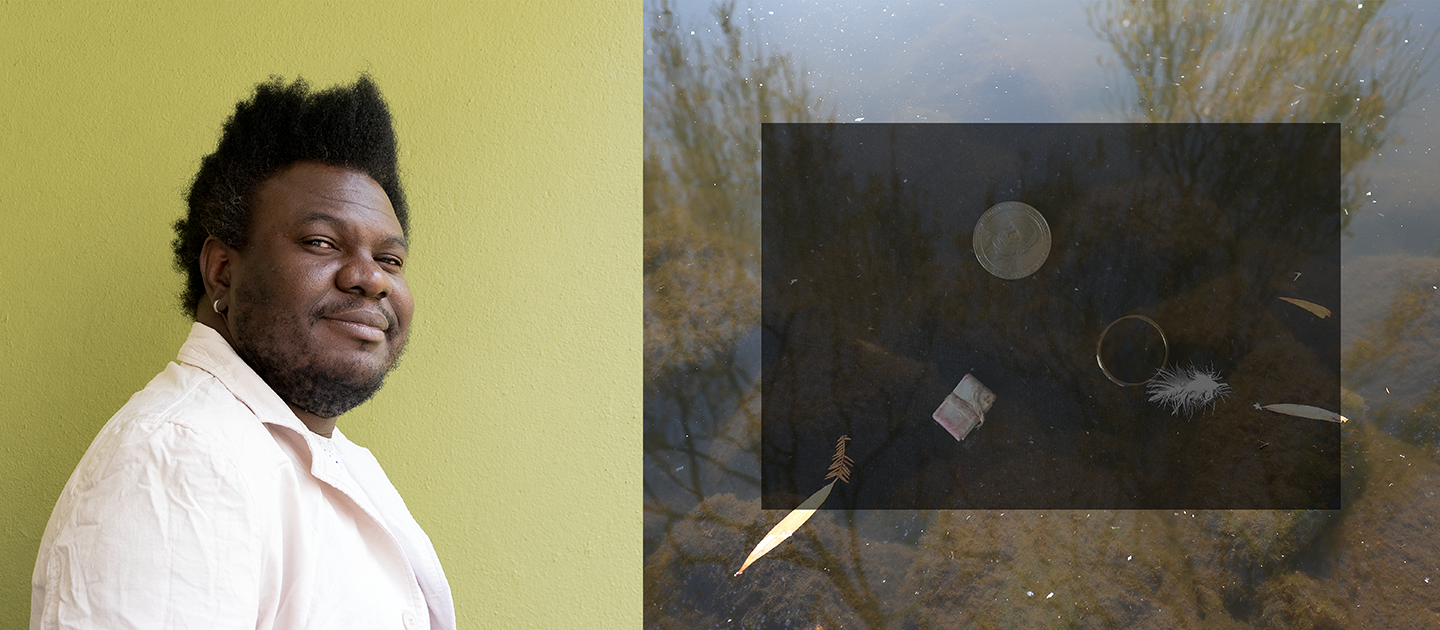
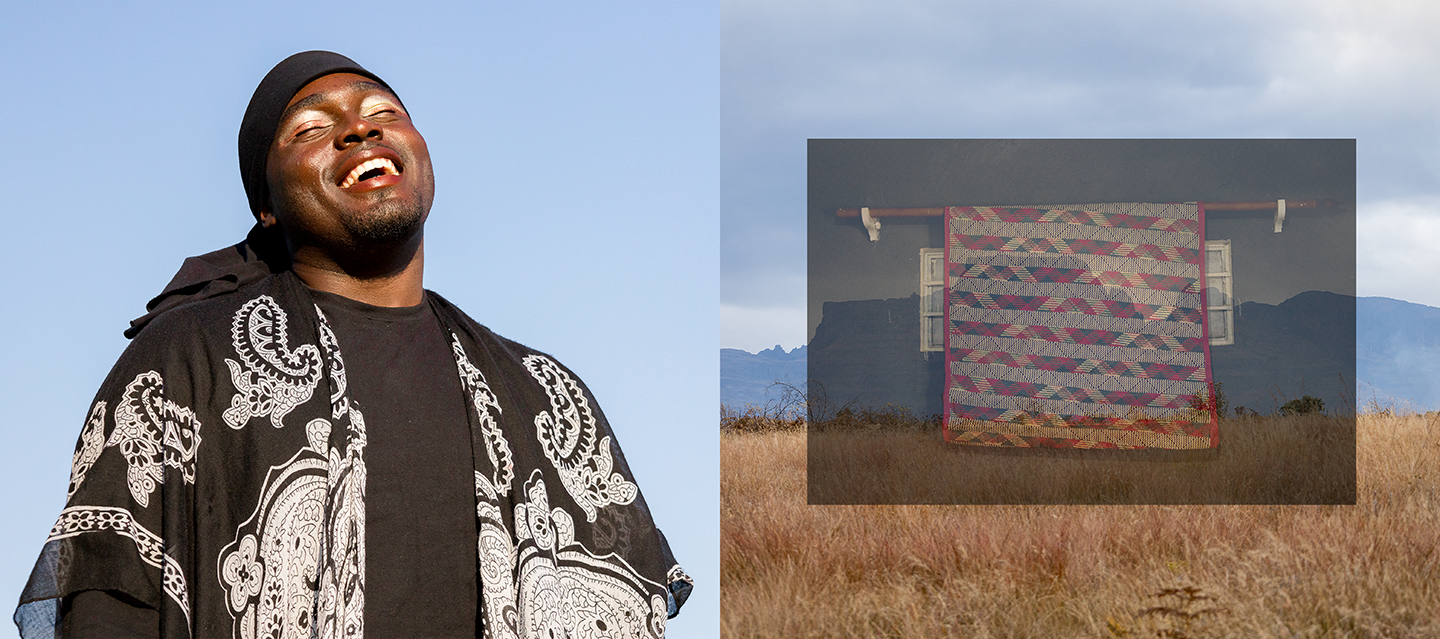
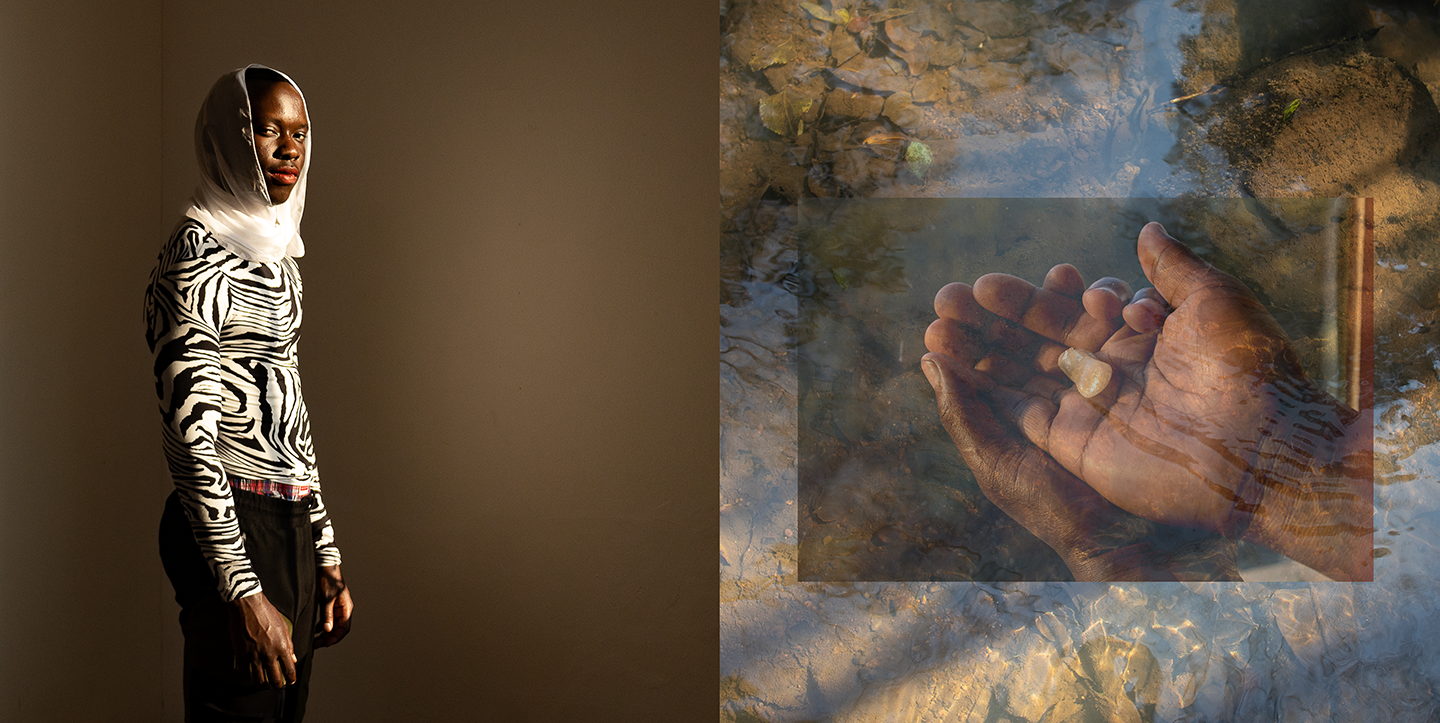
Images courtesy of DeLovie Kwagala
I asked Kwagala what Papa De meant to them. Though they do not acknowledge the slang term’s relevance to their chosen name, I found the similarity intriguing. For Kwagala, Papa De was simply the earliest pseudonym they created to be able to provide support for the queer community without publicising their birth name. The level of anonymity was important because they wanted to be able to safely travel to and within Uganda.
Self-proclaimed as Uganda’s first non-binary photographer and activist, DeLovie Kwagala describes the challenges of finding acceptance after their decision to pursue photography. They were once nearly arrested at a Ugandan airport for their queer advocacy work in photojournalism, which is considered a criminal offence.
Nonetheless, Kwagala uses their platform to represent the community, provide access and show that it is possible to succeed as a non-binary Ugandan. They dream of a society that allows people to be themselves without fear of judgment or discrimination.
Papa De suggests that the anti-gay movement that has been sweeping through African countries, particularly Uganda and Kenya, where governments are passing laws that criminalize homosexuality and same-sex marriage is well-planned, well-funded, and sponsored by the West. They argue that this movement is erasing the history of homosexuality in Africa, where effeminate men were once revered for their spiritual prowess.
When I asked whether they believe the crisis would worsen after this latest anti-gay bill, Kwagala spoke to the potential for further violence and unrest in Uganda, as certain individuals may resort to taking matters into their own hands if they perceive that the police are not handling situations appropriately. Papa De suggests that leaving the country may be the only solution and calls for action from communities and world leaders.
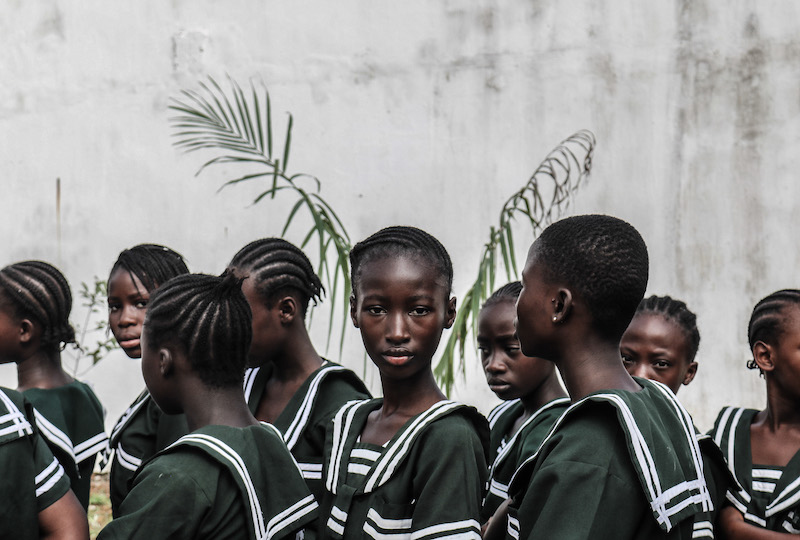
Image courtesy of Yagazie Emezi
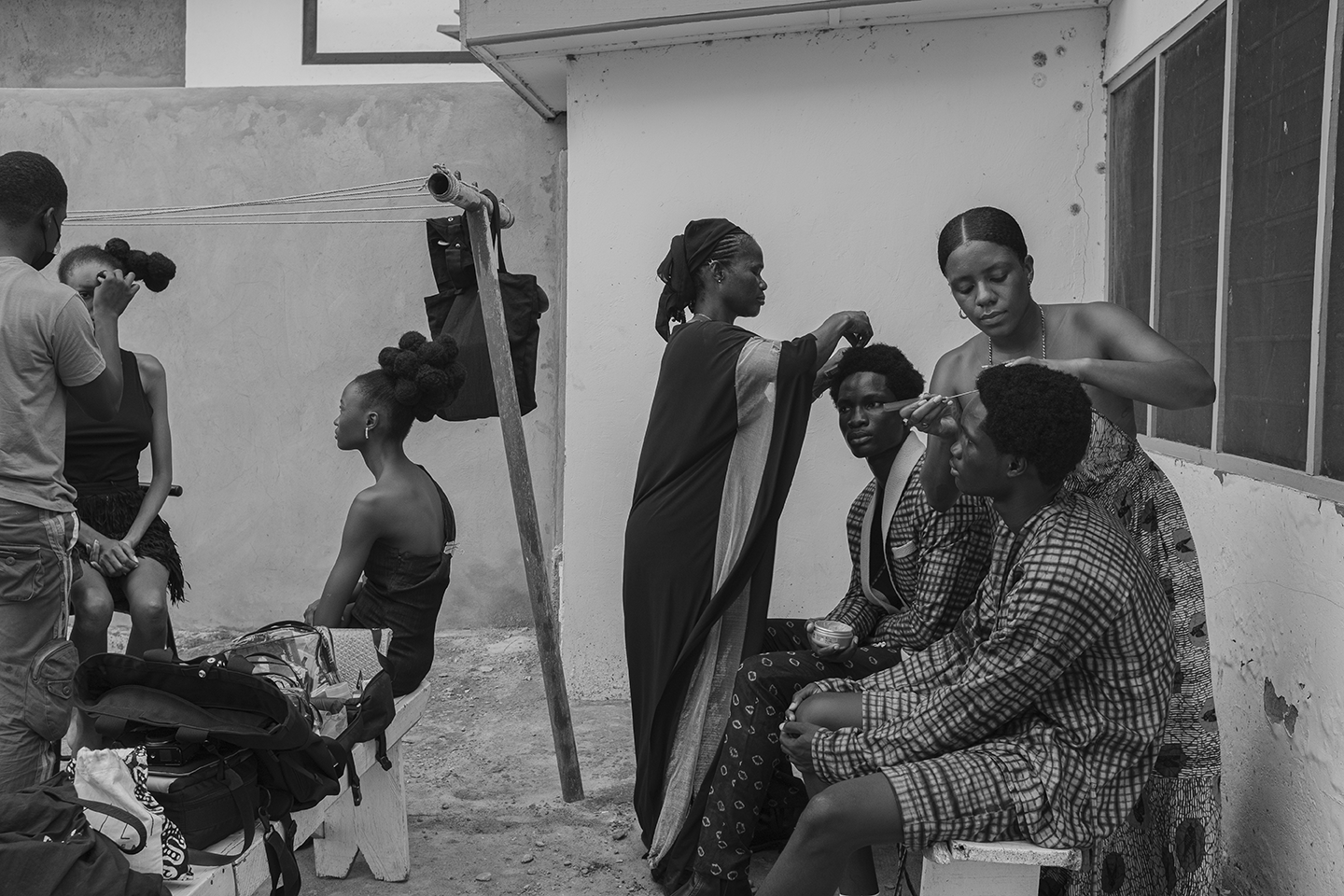
Image courtesy of Stephen Tayo
HASHTAGWHATNEXT is a fundraising movement established by DeLovie Kwagala in February 2023 to support LGBTQIA+ individuals in Uganda with immigration and resettlement. The fundraiser provides legal aid, health services, social support, and mental health services. The ultimate goal of the movement is to advocate for the rights and visibility of the LGBTQIA+ community in Uganda.
From 2-6 PM on April 22, 2023, the HASHTAGWHATNEXT art fundraiser event will take place in Observatory, Johannesburg in support of LGBTQIA+ individuals and organizations in Uganda facing the new anti-gay law. The proceeds from the fundraiser will support Bare Foundation’s transitional housing and skills development initiatives for homeless LGBTQIA+ youth in Uganda.
Along with Kwagala, artists and activists like Athi-Patra Ruga, Lady Skollie, Seth Pimentel, P$DNT Honey, Stephen Tayo, and Yagazie Emezi join in the call for legal reform. They are promoting education, awareness-raising, support and resources for queer Ugandans who face discrimination, harassment, and violence. The event will feature donated artwork by the aforementioned artists from South Africa, Nigeria, and Uganda. A panel discussion will also be held to interrogate the situation in Uganda and other African countries.
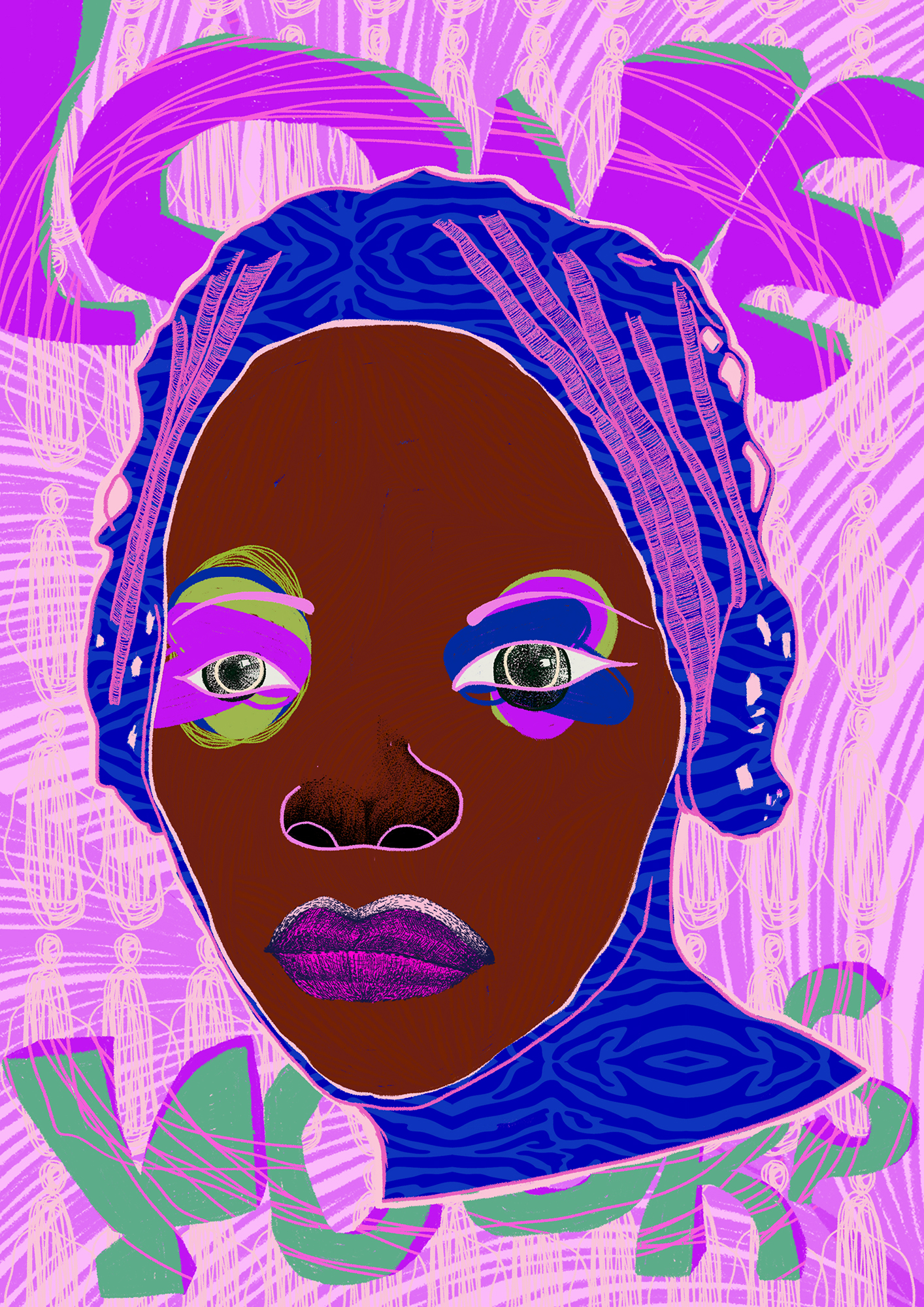
Image courtesy of PR$DNT HONEY
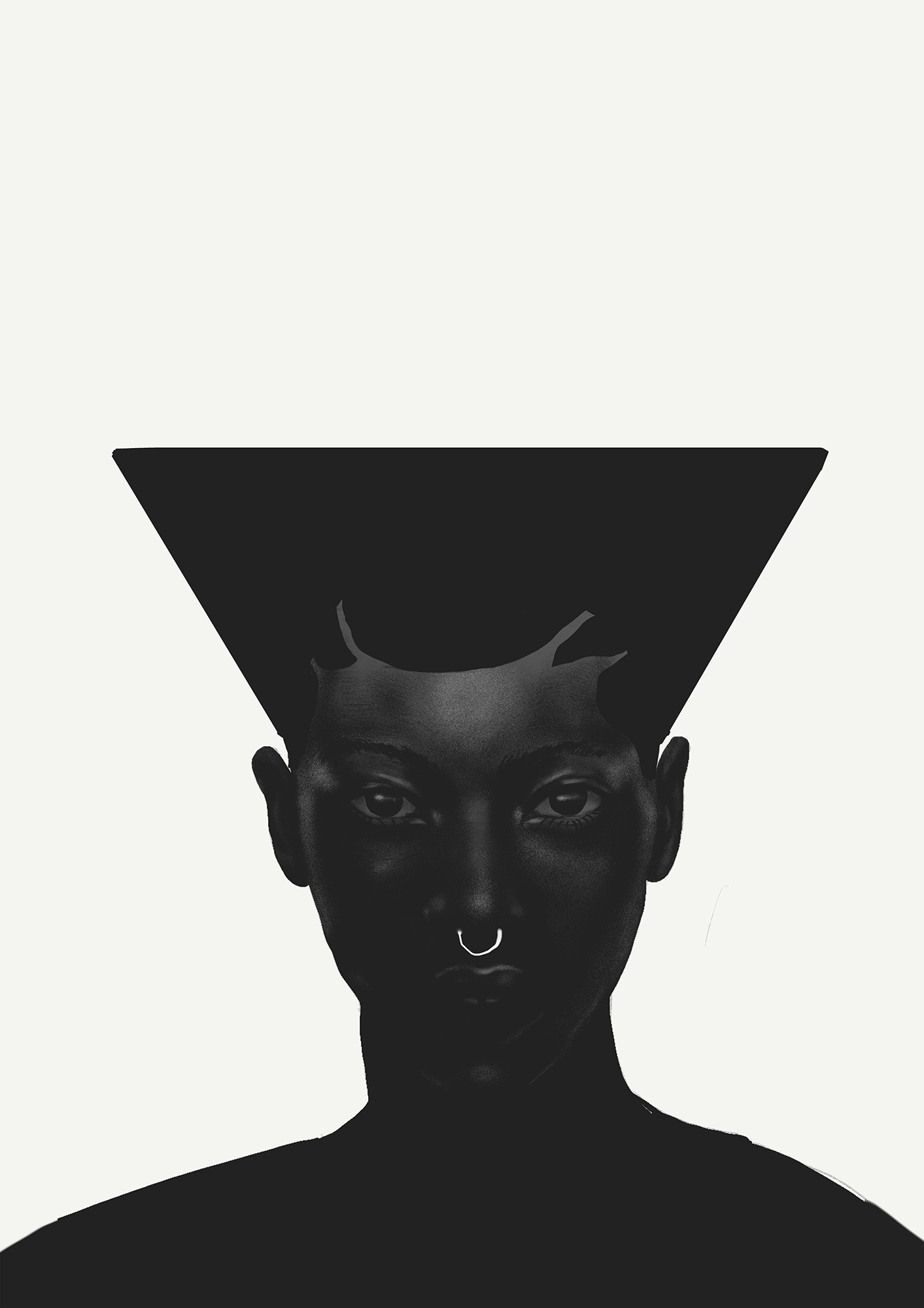
Image courtesy of Seth Pimental
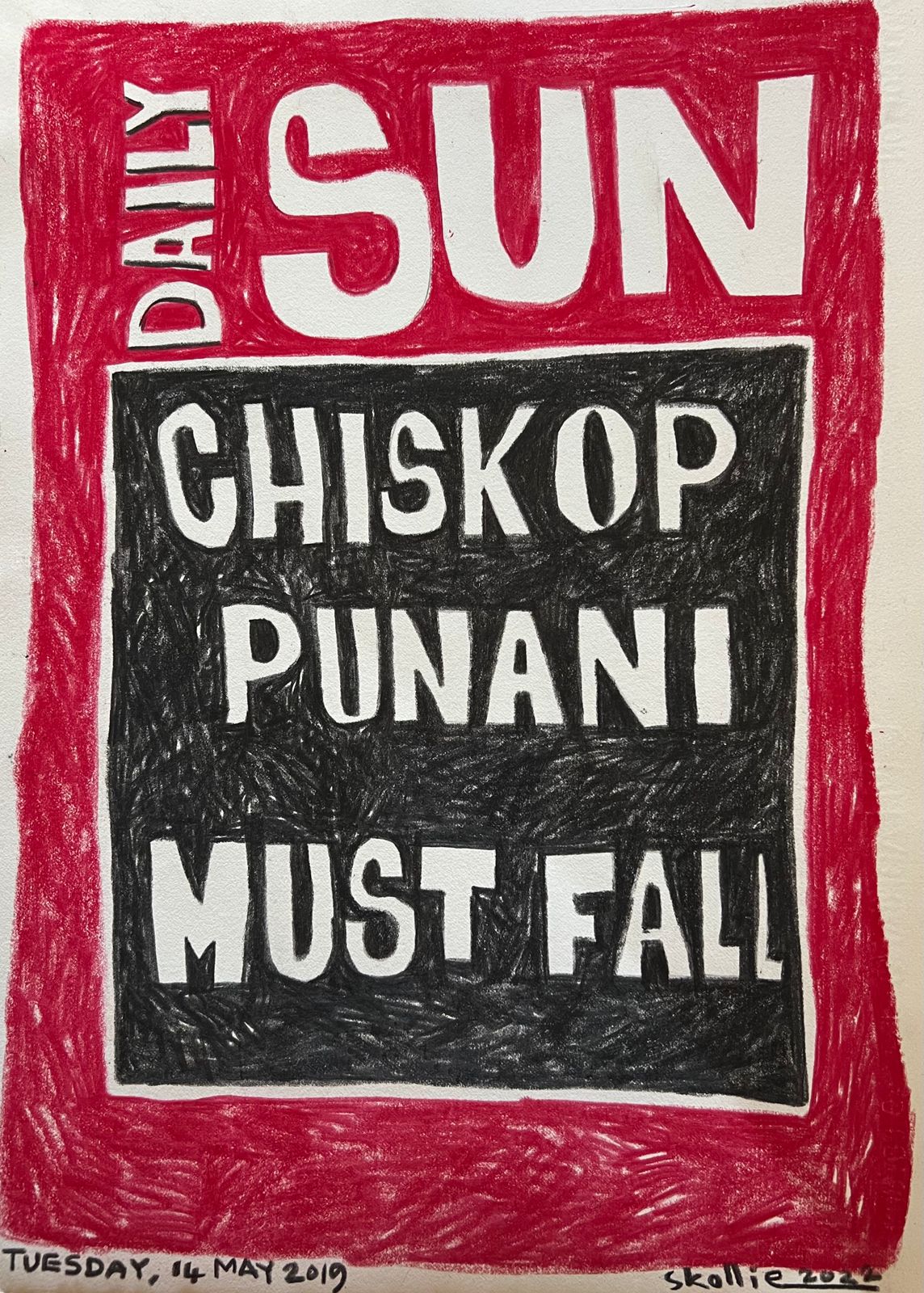
Image courtesy of Lady Skollie
Local non-profit BARE has adopted the mission and will create a community-driven program to support various LGBTQIA+ needs, including establishing a permanent queer place of safety called Gems House, which will provide transitional housing and skills development programs. The fundraising goal for Gems House this year is R2 200 000.
Many local and international organizations are working to support and advocate for the rights of queer Ugandans, offering legal aid, health services, social support, and advocacy for the community. More help is needed to expedite asylum applications for LGBTQIA+ Ugandans. The fundraiser HASHTAGWHATNEXT aims to provide aid for these efforts and you can help! Attend the event, buy some art, or show any other form of solidarity.
Contribute to the indestructible hope for progress towards greater acceptance and equality for LGBTQIA+ individuals in Uganda. By embracing the country and continent’s queer legacy, it becomes clear that defending equal rights for all Africans is urgent and imperative. After all, as Africans, we know better than anyone that an injury to one is an injury to all.
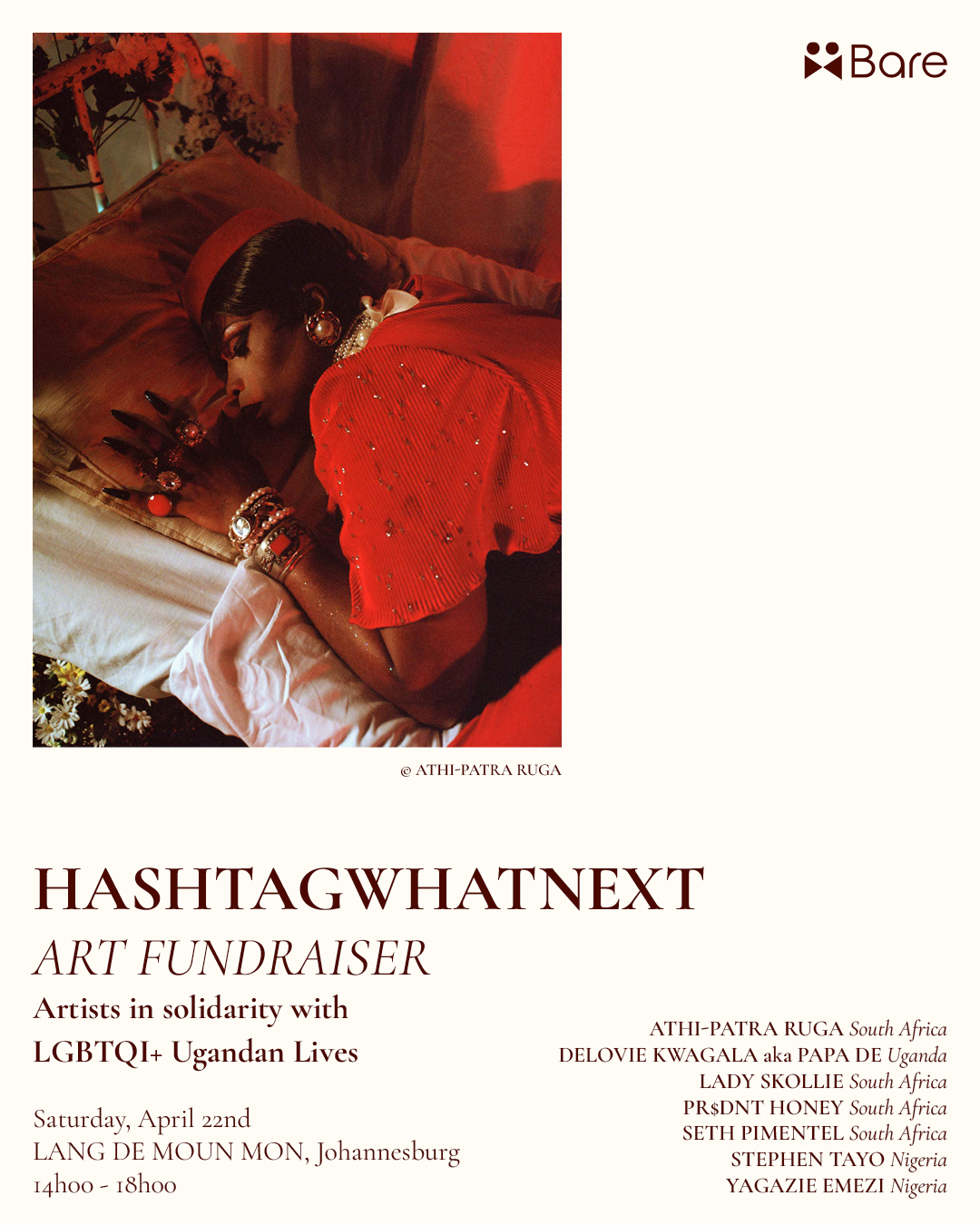
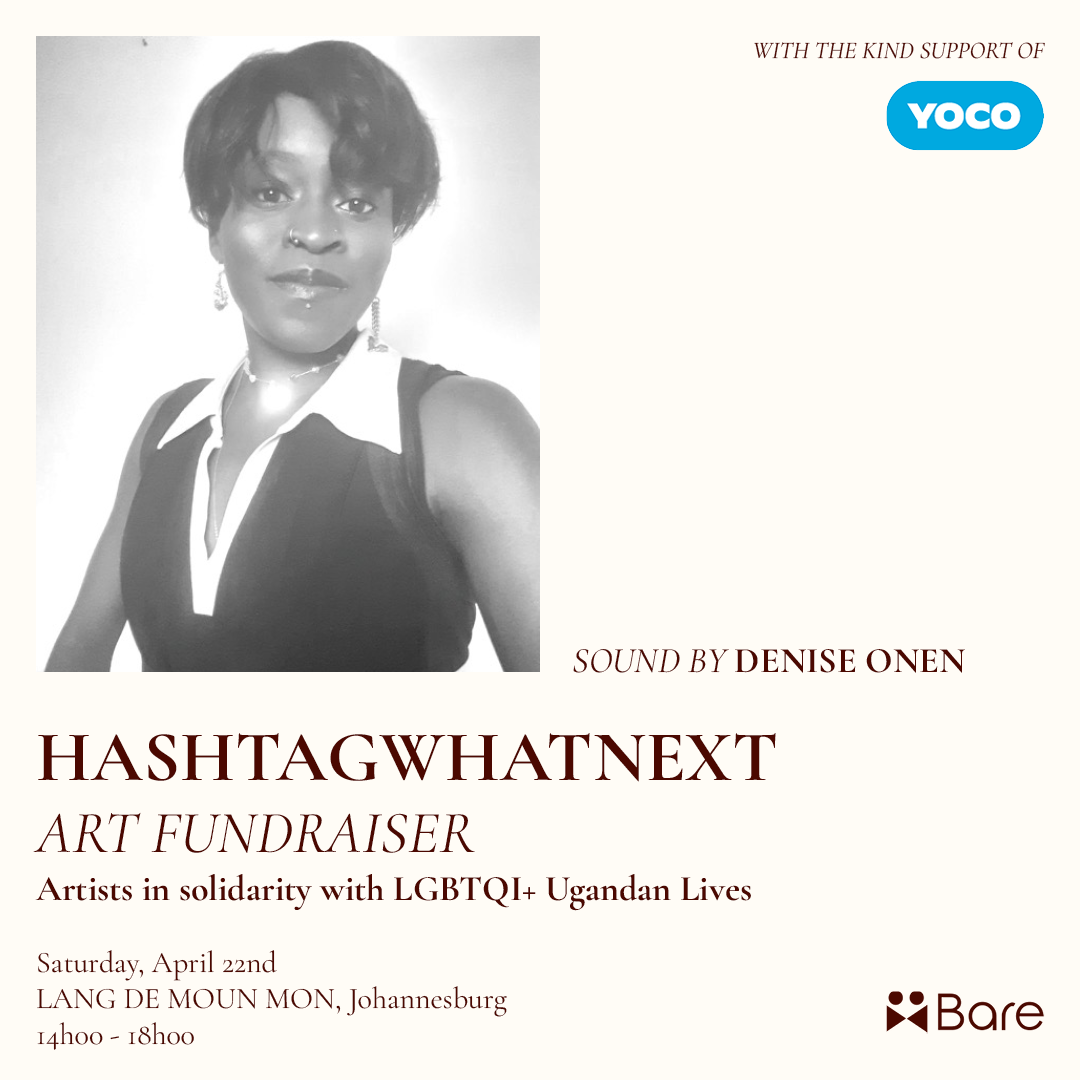
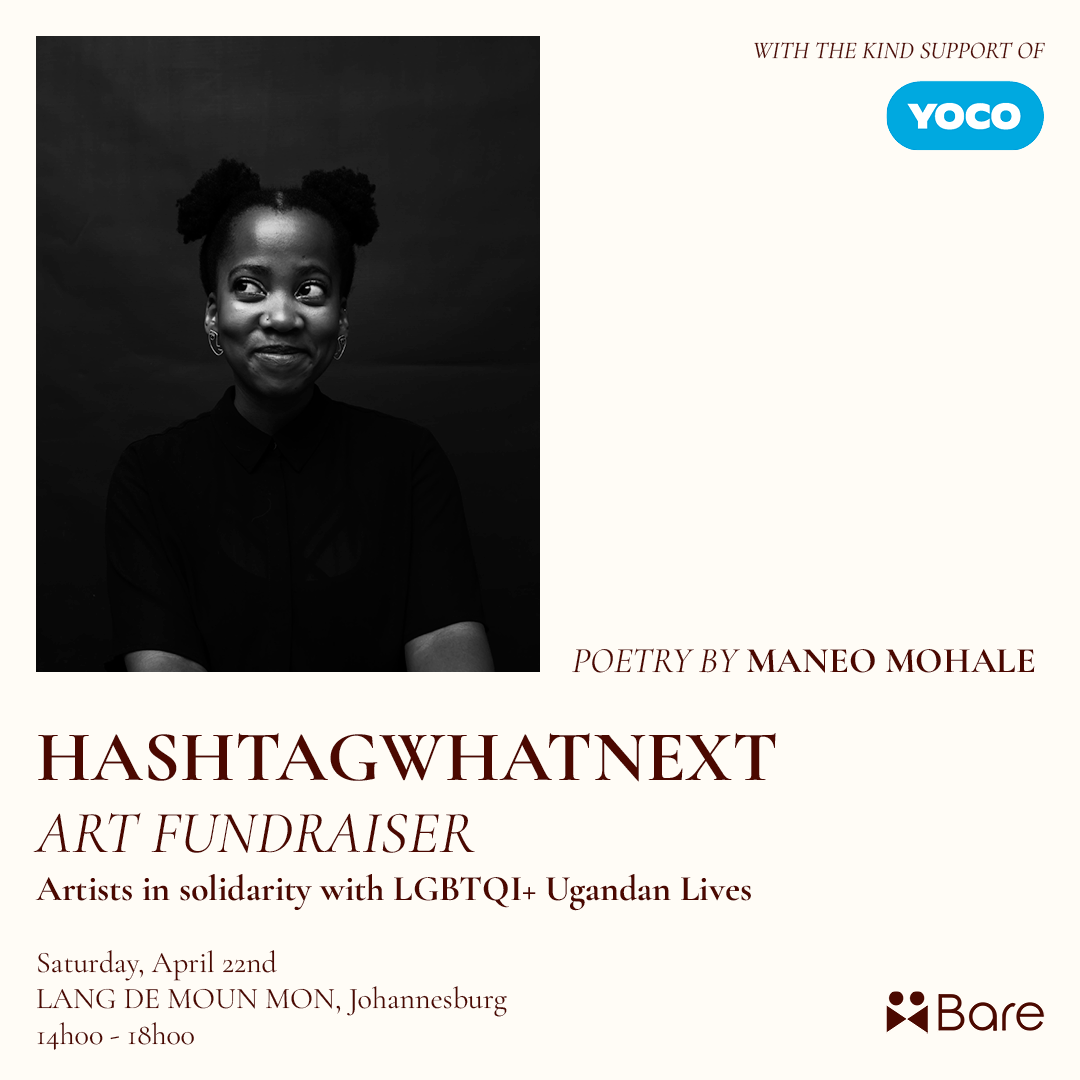
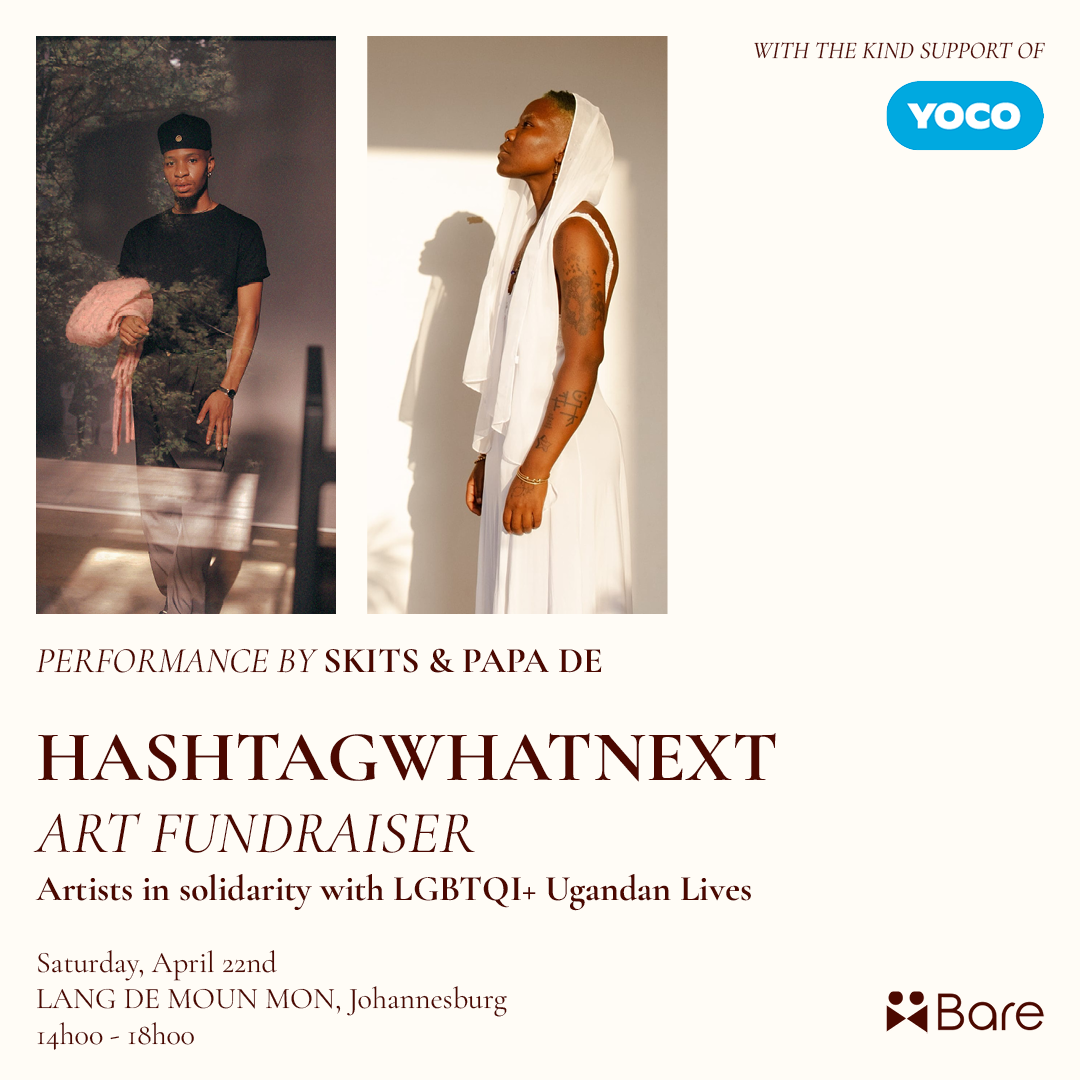
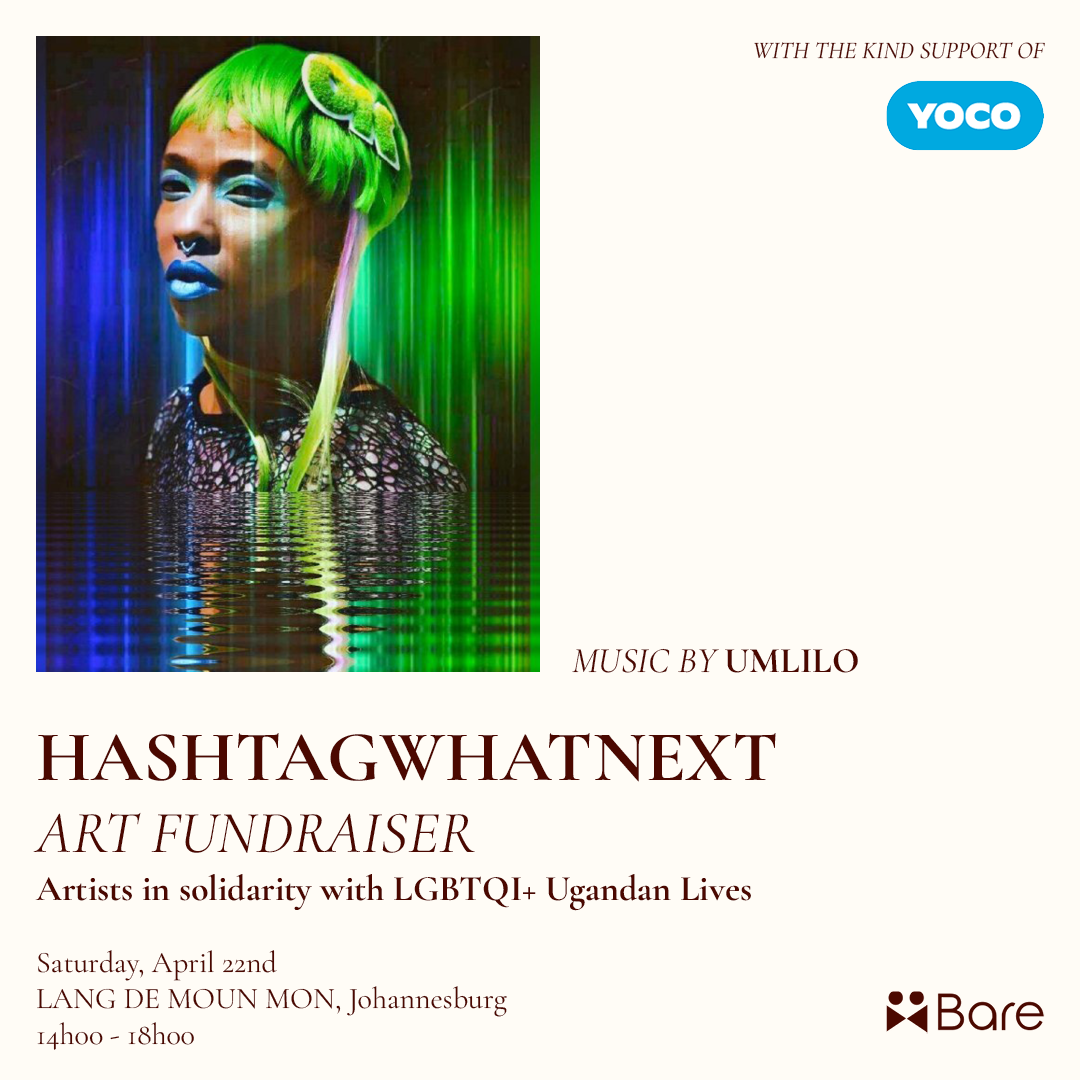
RSVP HERE



















































